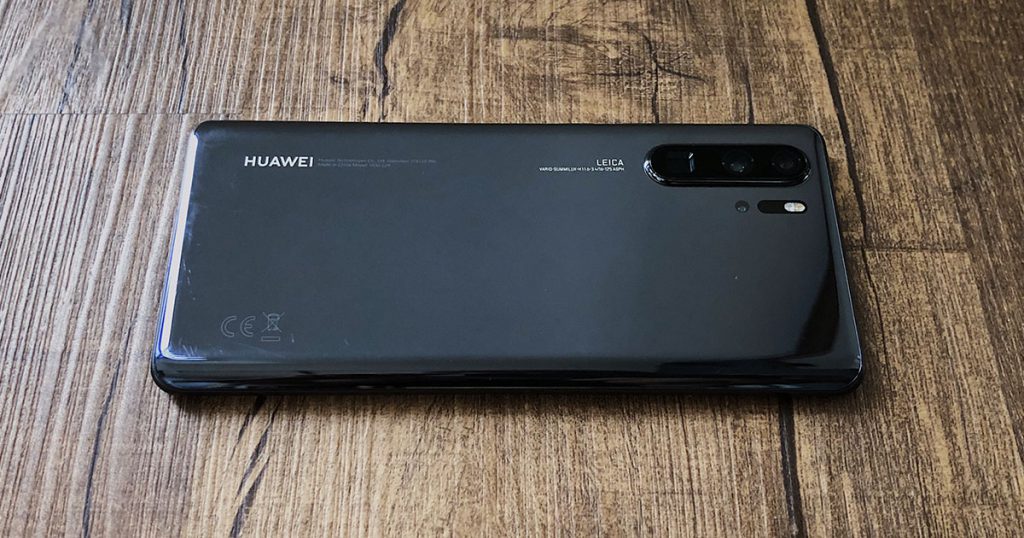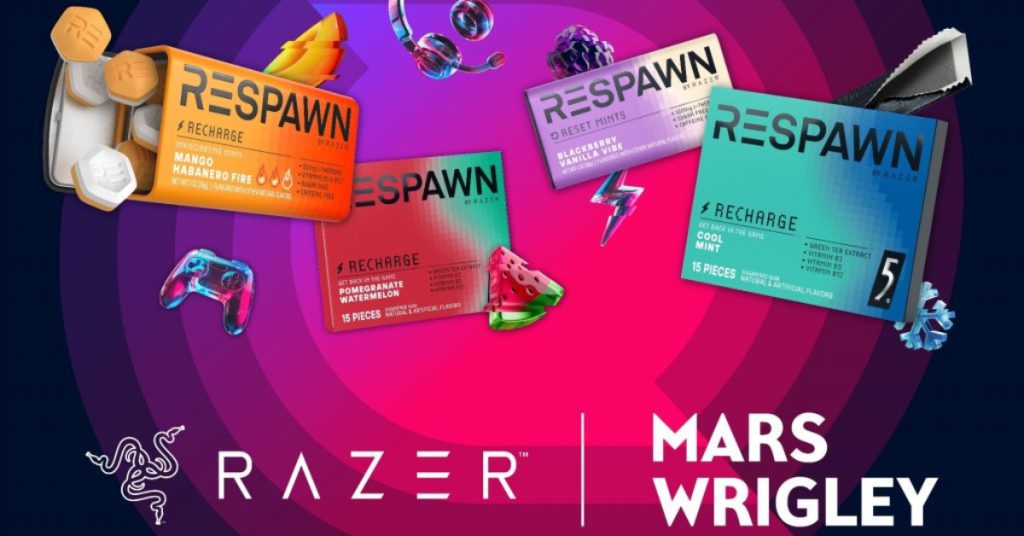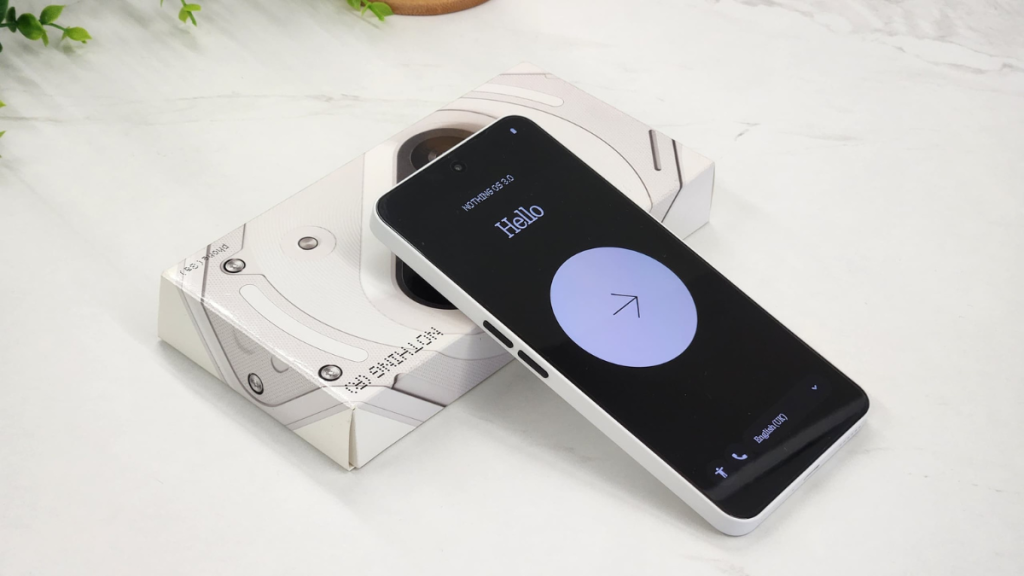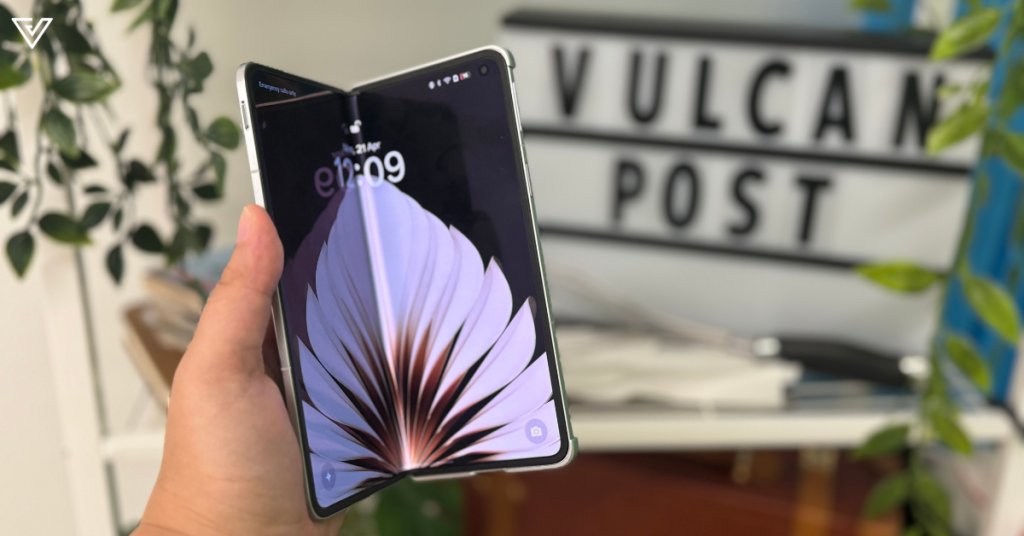At the start of the year, Huawei seemed poised to take over the consumer tech industry — the Chinese tech giant had been releasing a steady stream of top-tier smartphones, winning the battle of foldable phones, and their laptops were being hailed as some of the best in the market as well (you don’t win eight “best of” awards at CES with an average computer, y’know).
Since U.S President Donald Trump announced that he would be banning them from using U.S technology one month ago, however, the certainty of that success has become a little more uncertain.
With big names like Google and Qualcomm cutting ties with the company (for now, at least), future Huawei products may lose access to essential hardware and software such as Snapdragon chips and Android OS, to name a few. They can still use the open source version for the latter, but new features may take significantly longer to roll out.
While there definitely is some cause for concern, the initial reaction to the whole situation has been rather knee-jerk — people started selling their Huawei phones on Carousell en masse almost immediately, and second-hand mobile shops even listed them as worthless at one point.
Considering that it was only released in March, the P30 series of phones is one product that consumers might be particularly concerned about — solid specs and a DxOMark-topping camera make the P30 Pro one of the best choices in the market right now, but does the ban hurt its positioning in the smartphone arena?
I spoke to three P30 Pro users to find out, and here’s what I learned.
Down, But Not Out

Nicholas Tang is one of the many phone users who have recently converted to team Huawei — after using iPhones for years he decided to give the P20 Pro a chance when he wanted to change his phone, and hasn’t looked back since.
“The camera, hands down,” he said when I asked him what his favourite part of the phone was. “The zoom is better than any other phone I’ve used, and Night Mode is amazing.”
Nicholas has since upgraded to the P30 Pro, and while he finds the ban “worrying”, he isn’t panicking either.
“Current models aren’t affected, so I don’t see why people would be selling their phones. I don’t intend to change mine anytime soon, so I’m hoping that they’ll figure out a solution by then.”
Nicholas isn’t the only one who feels that way. Sheryl Tay — another longtime Huawei phone user who also uses a P30 Pro — believes that Huawei will adapt to the situation.

“Facebook, YouTube and even Gmail have been banned in China for years, and people have always found a workaround,” she said. “Alternatives were created to fill the gaps, so maybe Huawei can do the same if they lose access to U.S products.”
“If anyone can bounce back from this, it’s Huawei.”
I also spoke to Jacky Yap, who’s been using the P30 Pro since its release. He was surprisingly apathetic about the whole situation, noting that as far as the P30 Pro (or any other current-gen Huawei phone, for that matter) is concerned, nothing has changed.
“The ban doesn’t change the phone’s specs,” he said. “If someone asked me what smartphone to buy today, the P30 Pro would still be my recommendation.”
“The Strongest Steel Is Forged By The Hottest Fire”
Huawei no doubt has an uphill battle ahead of itself in the coming months, but the situation also isn’t as bad as some have made it out to be. Heck, even Google themselves are trying to talk the U.S government out of the ban as Huawei’s own OS would ironically threaten national security.
And while the current situation is unfavourable at best right now, the good news for Huawei fans is that the company actually anticipated for this to eventually happen, and has been working on a “Plan B” for not months, but years.
In fact, development of their proprietary “HongMeng OS” is supposedly well underway (1 million test devices have reportedly been shipped out already), and is expected to be ready for an international release by early 2020.
If the claims that it runs 60 percent faster than Android are actually true, the company could actually come out stronger than ever after the dust settles.
Creating an independent ecosystem that’s more efficient would make a strong case for consumers to choose Huawei over the competition, and as a bonus would prevent something like this from ever happening again too. It worked out pretty well for Apple, after all.
Of course, all these claims are still…well, claims at this point, so the more important takeaway right now is that Huawei’s current products are not affected by the ban, which means that their current catalogue of products are still as reliable as they were before.
And considering that the P30 Pro’s Leica Quad Camera is still the best smartphone camera we’ve ever used (made even better by a recent software update, no less) it’s still a very viable option if you’re in the market for a smartphone with strong photography capabilities.
In a statement posted on Facebook last month, Huawei also promised to “continue providing security updates and after sales services all existing Huawei and Honor smartphone and tablet products”, so you don’t have to worry about being left high and dry when the ban actually takes effect on the 19th of August.
So as far as the immediate future is concerned, I wouldn’t be too worried about the ban. Phones are (theoretically) meant to last for years, and — if their track record is anything to go by — I’m confident that Huawei will have everything sorted out by the time it’s time for an upgrade.
Header Image Credit: Vulcan Post














